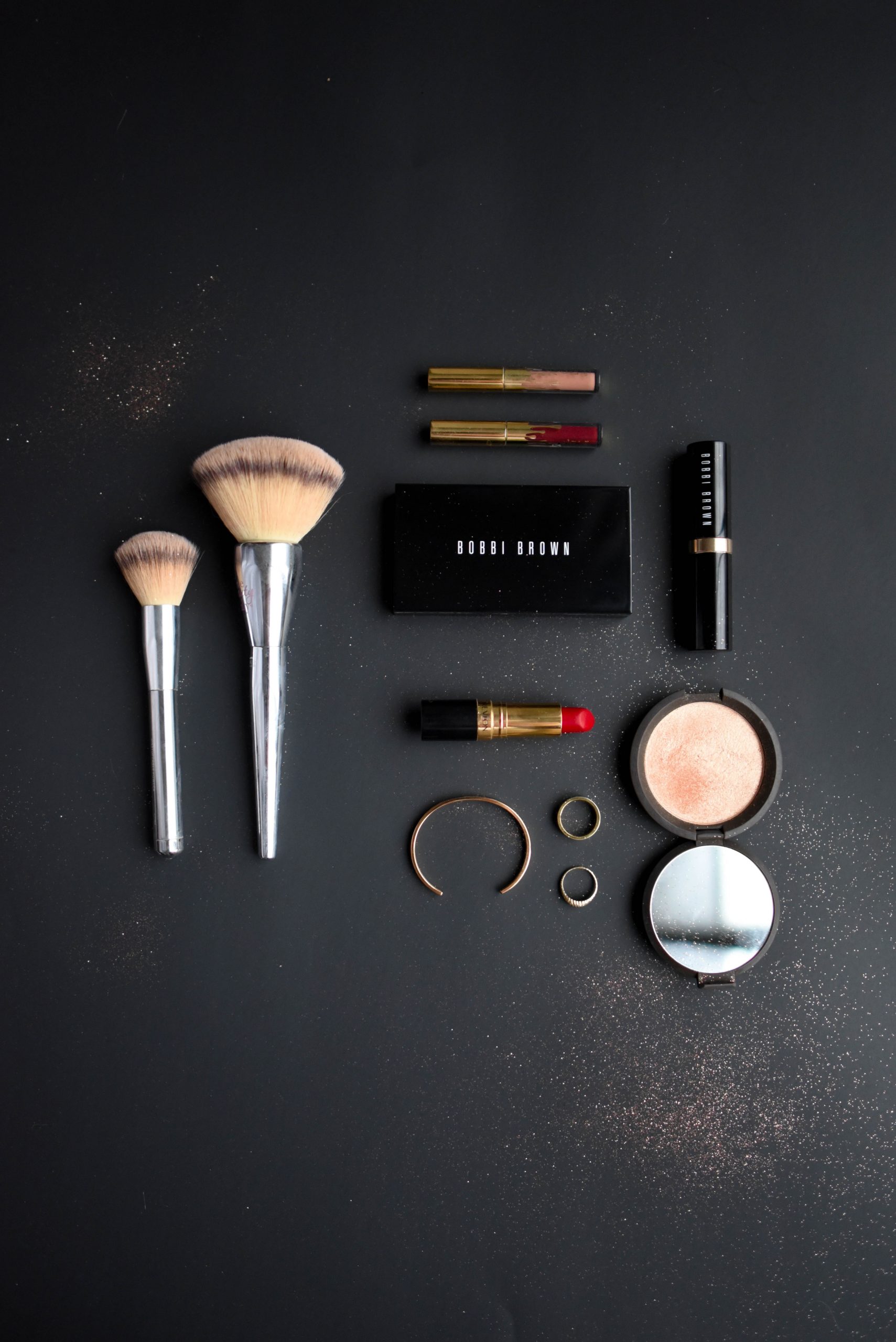To make sure your cosmetics are safe, it is not enough to avoid certain ingredients when choosing them. A product with a seemingly harmless composition may turn out to be poor quality due to your incorrect beauty habits. Below are some tips on how to use your cosmetics and makeup tools safely.
1. Buy at Trusted Places
Focusing on large brands when choosing good cosmetics is not enough, it is also important to buy the product at a trusted place. There are a huge number of fakes of famous brands on the market, which are especially easy to find on the Internet.
Often you may stumble upon fakes on limited collections of brands like ColourPop and Kylie Cosmetics. The demand for them is huge, and the scale of production is not the same as that of the giants of the industry. This forces users to look for such cosmetics in other places and sometimes the desire to purchase the treasured palette is stronger than common sense.
In addition, Instagram ads often spread products of dubious quality. Instagram has a lot of accounts, which sell cheap cosmetics from foreign sites, beautifully presented and at an extra charge. The ideal option is to order cosmetics on official websites or from authorized distributors.
2. Keep Track of Expiration Dates
Even a quality product may become dangerous if you use it incorrectly. For example, if it is past its expiration date. Cream products deserve special attention as their environment is most favorable for the spread of microbes. Check your cosmetic bag once every three months, monitor the expiration dates and remove things that you probably won’t use.
Compact products like dry eyeshadow or blush have a longer shelf life, but also do not last forever. Mascara should be changed every six months, although with frequent use it becomes unusable sooner.
3. Do Not Apply Makeup With Your Fingers
Even if you’re the only one that uses the product, this is not a reason to put your fingers into it. Your hands carry hundreds of bacteria and you risk putting microbes in your cream. Use products with dispensers, and if you choose canned creams then use a special spatula to apply them.
For shadows, blush, and highlighters you definitely need a brush. Try to keep the product closed as it spoils when in contact with air. Close the lids tightly and store cosmetics in a cool place with low humidity.
4. Clean Makeup Tools Thoroughly
The frequency of cosmetic brushes and spatulas cleansing depends on how often you use them. On average, it is enough to do it at least once every two to three weeks. Prepare a composition of antibacterial soap and olive oil, soak the brush in it and rinse it with warm water. If you apply makeup with sponges the avoid using them more than 10 times. A mascara brush and a lip gloss brush should also be washed in warm water from time to time.
5. Use Anhydrous Makeup Products
According to microbiologist Robb Akridge, water creates a favorable environment for the reproduction of bacteria which may cause premature aging, acne, and skin dehydration. So anhydrous cosmetic products will help to protect yourself. The trend for such products began in 2018, primarily as an environmental initiative. Such cosmetics protect the environment and are more hygienic. Many brands already have their own waterless products like facewash, powder, and dry or hard hair shampoo.
6. Notify If You Come Across Low-Quality Cosmetics
Even famous brands sometimes produce frankly low-quality products. Singer, model and make-up artist Jeffrey Star apologized to fans who find hair in the new eyeshadow palette from his brand. The makeup kit, released by 12-year-old American YouTube star Jodo Siva and the CLAIRES MAKE-UP KIT brand, was recalled after asbestos was found in its composition.
No matter how authoritative the brand may seem, only you are responsible for your health and safety. Be attentive to the compositions and your own sensations when using the product. If you come across a low-quality product, do not hesitate to write to the manufacturer or to the regulatory authorities. It is possible that you will protect other consumers.
















